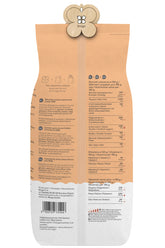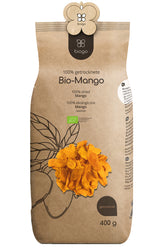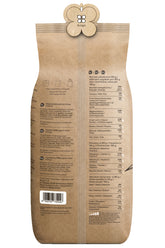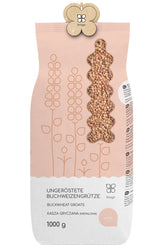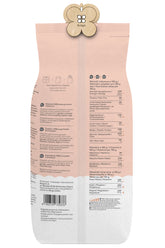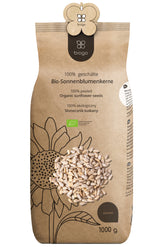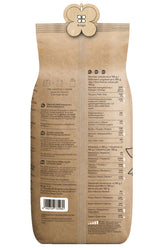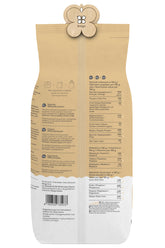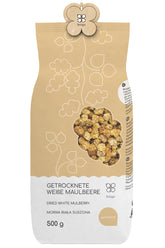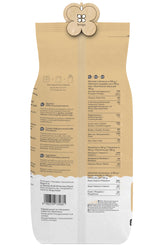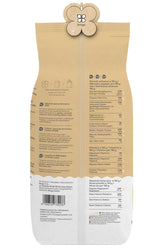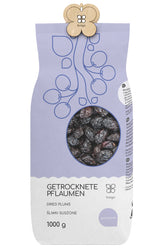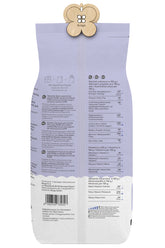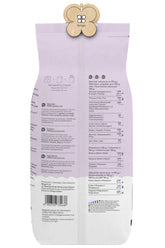Thymol is a fascinating chemical compound that plays an important role in many areas of laboratory work. As a naturally occurring monoterpene, thymol has a variety of useful properties that make it a valuable tool in organic chemistry, biochemistry, and even in medicine.
The origin and structure of thymol
Thymol is a phenolic ether found in the essential oils of various plants such as thyme, oregano, and savory. It is a crystalline solid with a characteristic spicy odor. Chemically, thymol consists of a benzene ring with an isopropyl group and a hydroxyl group as substituents.
This structure gives thymol unique properties that make it a versatile tool in the laboratory. The hydroxyl group enables hydrogen bonding, while the isopropyl group provides lipophilic interactions. Furthermore, thymol is aromatic and can therefore participate in electrophilic aromatic substitutions.
Use in organic synthesis
In organic chemistry, thymol finds diverse applications. It can serve as a starting material for the synthesis of other useful compounds. For example, thymol can be converted into halothymols through halogenation, which in turn can be used as building blocks for the production of more complex molecules.
Furthermore, thymol itself can be used in condensation reactions to form new carbon-carbon bonds. Due to its aromaticity, it can also participate in electrophilic aromatic substitutions such as nitration, sulfonation, or halogenation to introduce additional functional groups.
Use as a Solvent and Reagent
In addition to its role as a synthesis building block, thymol is also a useful solvent and reagent in the laboratory. Due to its lipophilic properties, it is a good solvent for many organic compounds. Furthermore, it can be used as an antioxidant and preservative to protect sensitive samples from oxidation and spoilage.
In biochemistry, thymol is used as a reagent for protein precipitation. By denaturing the protein structure, it enables the separation of impurities in protein solutions. Thymol also plays a role in analytics, for example as an indicator in titrations or as a derivatization reagent for gas chromatography.
Thymol in Medicine and Veterinary Medicine
In addition to its applications in chemistry, thymol also has medical significance. Due to its antimicrobial, antioxidant, and anti-inflammatory properties, it is used in pharmaceuticals and dietary supplements.
In human medicine, thymol is used, for example, in mouthwashes, toothpastes, and cough syrups. Here, its disinfecting effect against bacteria and fungi as well as its antispasmodic effect on the respiratory tract are utilized.
Thymol has also found application in veterinary medicine. In beekeeping, it is used as a natural remedy against Varroa mites. Furthermore, it can be used in animal feeding as a feed additive to promote the digestion and health of animals.
Safety Aspects and Handling of Thymol
Although thymol is generally considered relatively harmless, some safety aspects must be considered when using it in the laboratory. It is irritating to the skin and mucous membranes and can cause respiratory irritation if inhaled. Therefore, appropriate protective equipment such as gloves, safety glasses, and good ventilation are required.
Furthermore, thymol is highly flammable, so open flames and spark formation must be avoided. During storage, dry, cool, and well-ventilated conditions must be maintained to minimize decomposition and evaporation.
Conclusion
Thymol is a fascinating chemical compound with a variety of useful properties. From organic synthesis to biochemistry and on to medicine and veterinary medicine, thymol offers diverse application possibilities in the laboratory. Its antimicrobial, antioxidant, and anti-inflammatory effects make it a valuable tool in various disciplines.
However, some safety aspects must be considered when handling thymol. With proper protective equipment and storage, thymol can be safely and effectively used in research and development. Overall, thymol is a fascinating chemical compound that has the potential to play an important role in many areas of science and medicine.


